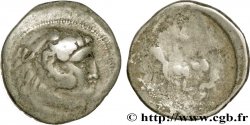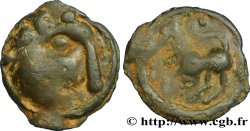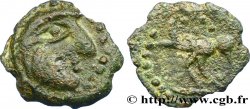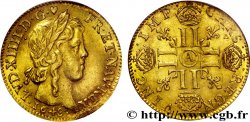fme_863491 - CAVARII (Area of Avignon and Orange) Médaille, Reproduction d’une hémidrachme d’argent, n°199
90.00 €约 727.20 CNY
数量
加入购物车

种类 Médaille, Reproduction d’une hémidrachme d’argent, n°199
日期: 1971
铸币厂名称/城市 Monnaie de Paris
铸币数量 500
材质 copper
直径 50,5 mm
模子方针 6 h.
重量 138,27 g.
侧面 lisse + corne CUIVRE + 1971 + N°199/500
印模 corne CUIVRE
关于品相的说明
Belle patine sombre, presque verte. Petite usure
正面
正面的文字 ANÉPIGRAPHE.
正面的说明书 Tête laurée d’Apollon à gauche.
背面
背面的说明书 Sanglier passant à gauche.
背面的翻译 (Avenio/ Avignon).
评论
Médaille numérotée avec sa boîte cartonnée bleue et son certificat de la Série des Belles Monnaies du Sol de France n°19.
Numbered medal with its blue cardboard box and its certificate from the Series of Beautiful Coins of the Sol of France No. 19
Numbered medal with its blue cardboard box and its certificate from the Series of Beautiful Coins of the Sol of France No. 19







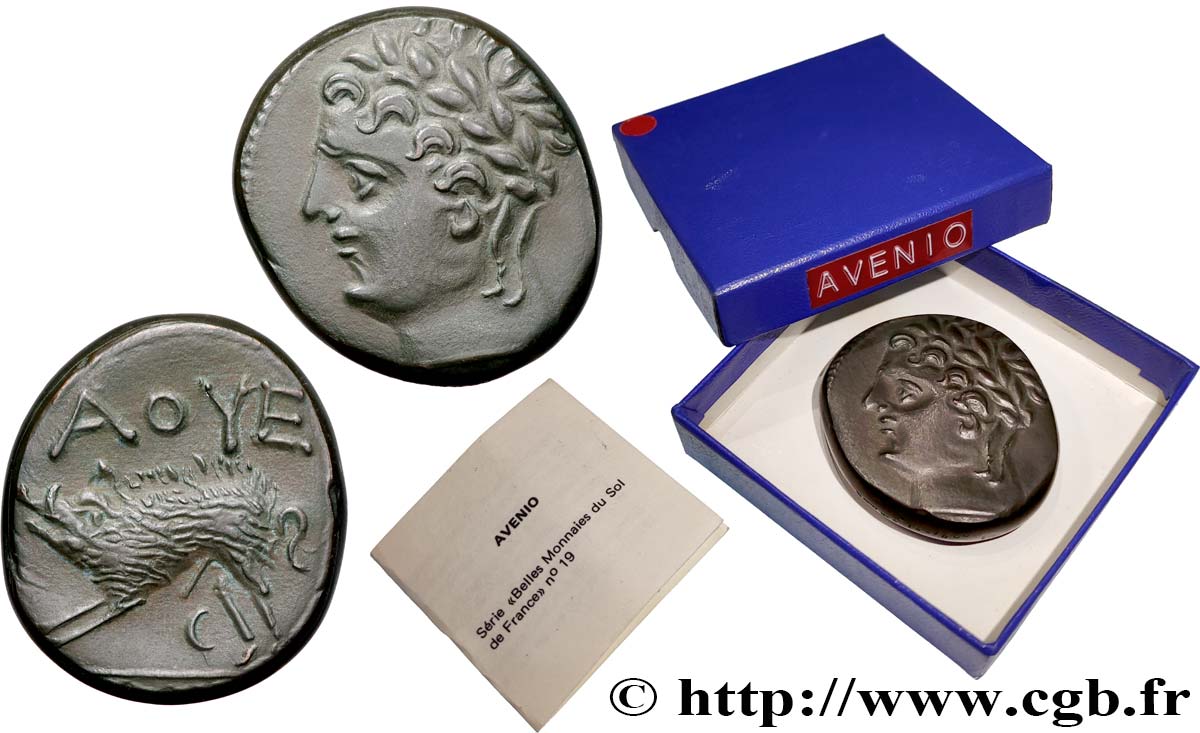
 对产品描述纠错
对产品描述纠错 打印
打印 分享我的选择
分享我的选择 提问
提问 Consign / sell
Consign / sell
 产品介绍
产品介绍

